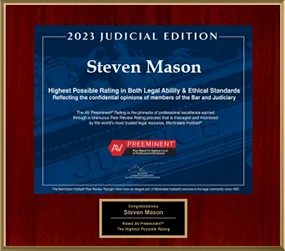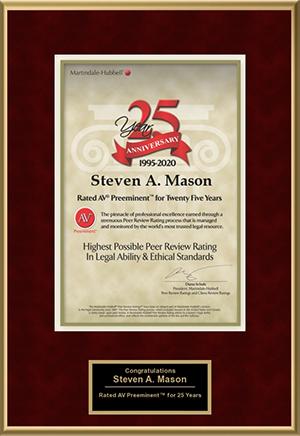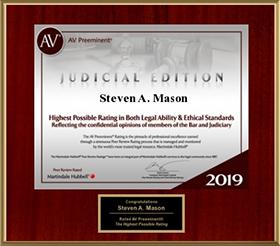Asset Division In A Florida Military Divorce

During any divorce, one of the most important bones of contention is the distribution of assets (and debts) incurred by the couple during the marriage. If one or both spouses are members of the U.S. Armed Forces, however, there are certain assets unique to military divorces that must be apportioned appropriately. It is important to have the right attorney on your side to protect your rights.
Assets Divided Fairly
Like most other U.S. states, Florida uses the equitable distribution system for dividing marital assets and debts during a divorce. What this means is that instead of dividing everything 50-50, as is done in community property states, Florida courts will divide the couple’s assets and debts in the most equitable (fair) way possible. For example, if one person makes far more in gross income than the other, they will likely be saddled with more of the marital debts simply because they can afford to pay them.
This is true in divorces involving military servicemembers as well, if Florida has jurisdiction over their case. However, military servicemembers are entitled to certain assets and benefits that courts are legally entitled to dispose of in a divorce proceeding. In addition, active duty servicemembers enjoy certain benefits that do not always pass to their former spouses – but the former spouse may, in some cases, be compensated for that.
Unique Military Assets
Perhaps the most common discussions over asset division in military couples stem from retired pay. A law called the Uniformed Services Former Spouses’ Protection Act (USFSPA) allows for military retired pay to be treated as an asset by civilian courts, which then allows that court to divide it as it sees fit. If a military marriage lasted at least 10 years, with that 10 years overlapping 10 years of active duty service, the ex-spouse can receive retired pay directly from the Department of Defense – but even if it is shorter, the former spouse can simply pay the other.
Another often discussed benefit is access to TRICARE, or military healthcare. While the rules are fairly explicit – a former spouse will generally lose their access to TRICARE unless they meet the “20/20/20” rule – it can still require significant discussion during divorce proceedings. Healthcare premiums are often not cheap, and a court may adjust asset distribution so that the newly divorced can afford private insurance premiums.
Contact A Hollywood, FL Military Divorce Attorney
Divorce is one of the most significant life events a person can experience, and it can easily become complicated and contentious. A Hollywood, FL military divorce attorney from the Law Offices of Steven A. Mason, P.A. can give you the best chance at a fair settlement. Call our office today at (954) 963-5900 to speak to an attorney.
Source:
leg.state.fl.us/Statutes/index.cfm?App_mode=Display_Statute&URL=0000-0099/0061/Sections/0061.075.html






















